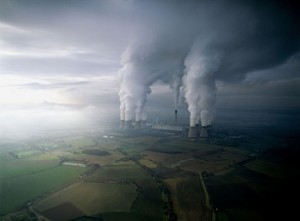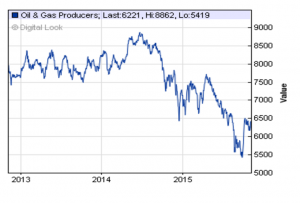COP 21, the 21st meeting of the 196 countries and territories that have signed the United Nations Framework Convention on Climate Change will take place in a just a few weeks in Paris and as I have written in other occasions, the meeting will be critical moment.
 Christiana Figueres, the Costa Rican politician who has been working in this field since 1995 and has led the UN’s convention since 2010, lays out three goals for the conference on her personal web page.
Christiana Figueres, the Costa Rican politician who has been working in this field since 1995 and has led the UN’s convention since 2010, lays out three goals for the conference on her personal web page.
“Climate science shows clearly that the world needs to achieve a three-part goal to successfully address climate change: peaking global emissions in the next decade, triggering a deep de-carbonization of the global economy and achieving climate neutrality as soon as possible in the second half of the century.”
Peaking Global Emissions
The first goal discussed by Ms. Figueres is to stop increasing the amount of carbon we are putting in the atmosphere. China has pledged to do that by 2030 but what is unclear to me is how other developing economies such as India and most countries in Africa will do that without the kind of massive subsidy for solar power discussed in another post a few weeks ago.
 In my view, the situation is made much more complex by the admission of the Chinese earlier this week that they have underreported the consumption of coal during the last few years by as much as 17% or as much as Germany’s entire coal consumption according to Greenpeace as reported by the Guardian!
In my view, the situation is made much more complex by the admission of the Chinese earlier this week that they have underreported the consumption of coal during the last few years by as much as 17% or as much as Germany’s entire coal consumption according to Greenpeace as reported by the Guardian!
What is shown by the Chinese coal figures and VW’s recent admission that in addition to the Diesel scandal the company is facing they have also under reported the CO2 emissions of some 800,000 cars is that estimates about carbon emissions are only estimates and might be wrong. The estimates are normally based on energy usage and subject to interpretation, error and manipulation.
Thus when a country or a company talks about its emissions it is talking about its estimates and these need to be looked at for what they are.
De-carbonization of the global economy
 The really exciting part of the story is the enormous potential for business if the governments of the world get serious about building a low carbon economy. The share price of coal companies has already been hit hard and oil company stocks are at a low point mainly due to the low price of oil as discussed three weeks ago.
The really exciting part of the story is the enormous potential for business if the governments of the world get serious about building a low carbon economy. The share price of coal companies has already been hit hard and oil company stocks are at a low point mainly due to the low price of oil as discussed three weeks ago.
Real de-carbonization will see higher shares for companies like Tesla that offer solutions on how to do this and perhaps even lower shares for oil and coal companies that will then be considered part of the problem.
Climate Neutrality
Ms. Figueres talks about achieving neutrality in the second half of this century. Let’s say she means 2075 or 60 years from today. Few, if any, companies have a planning horizon going out this far and we will, most likely, depend on new technologies to do this.
Nevertheless, if the idea of reaching climate neutrality does take hold in Paris, there will be millions of dollars of R&D money committed to the cause which can offer a compelling business case to a new generation of clean tech start ups in the coming years.
Waiting for Barak
The Chinese coal numbers indicate that the world’s largest of emitter of CO2 was has been even larger than thought. The apparent malfeasance of one of the most respected brands in the West on the issue of carbon emissions calls into question similar claims from other automotive and consumer durable companies.
 If we are lucky, these new things coming to light may galvanize global public opinion to send a message to their representatives in Paris to actually do something on the issue. Barak Obama comes to Paris much like Woodrow Wilson did almost 100 years before. A smart, highly principled man with clear ideas on how to solve a global problem. Wilson came with 14 points but in the end was bogged down by real-politic and in the end not supported at home.
If we are lucky, these new things coming to light may galvanize global public opinion to send a message to their representatives in Paris to actually do something on the issue. Barak Obama comes to Paris much like Woodrow Wilson did almost 100 years before. A smart, highly principled man with clear ideas on how to solve a global problem. Wilson came with 14 points but in the end was bogged down by real-politic and in the end not supported at home.
Will Obama also come to Paris with 14 points? Will he have more luck than Wilson?
For the sake of the planet, I certainly hope so!

